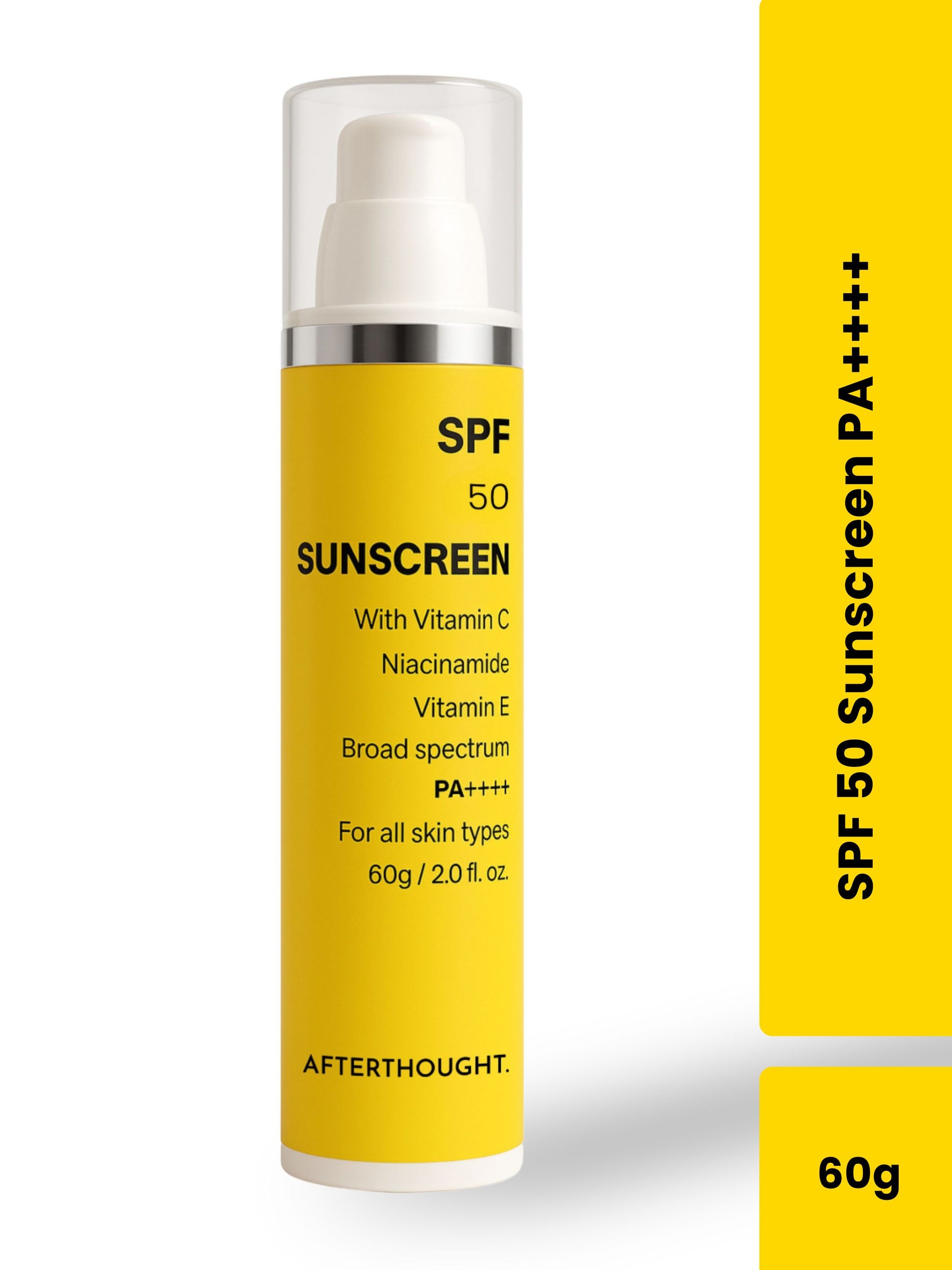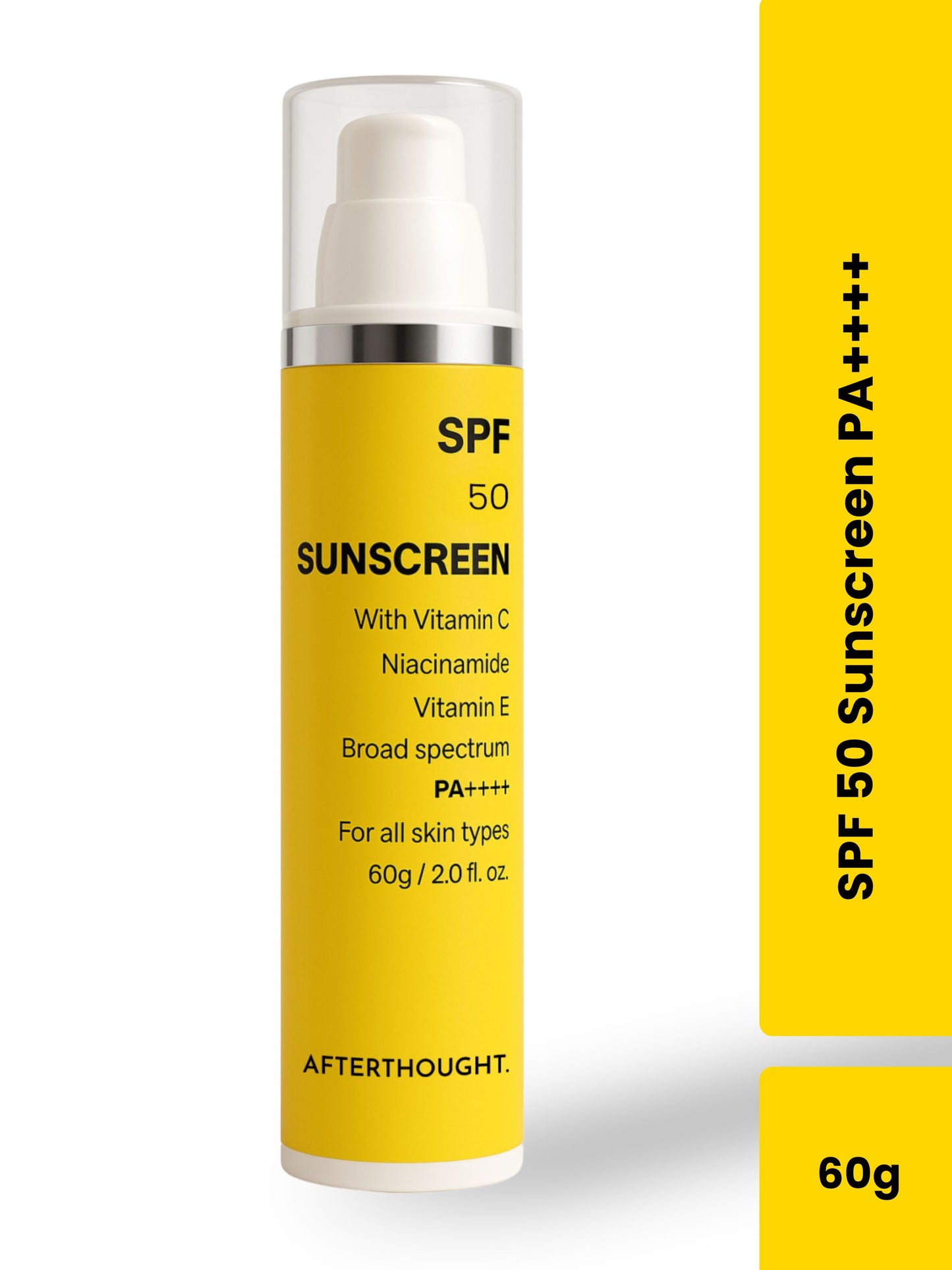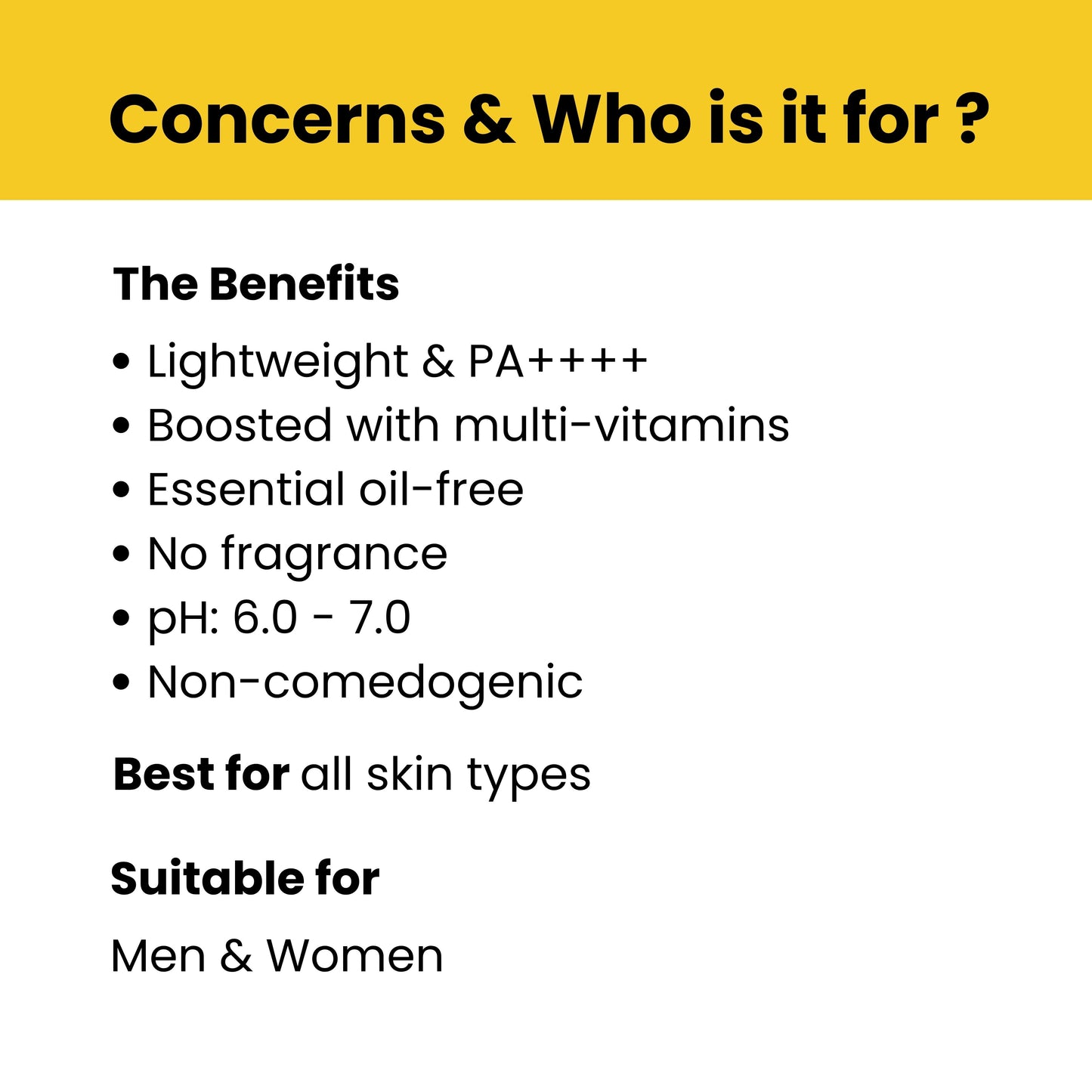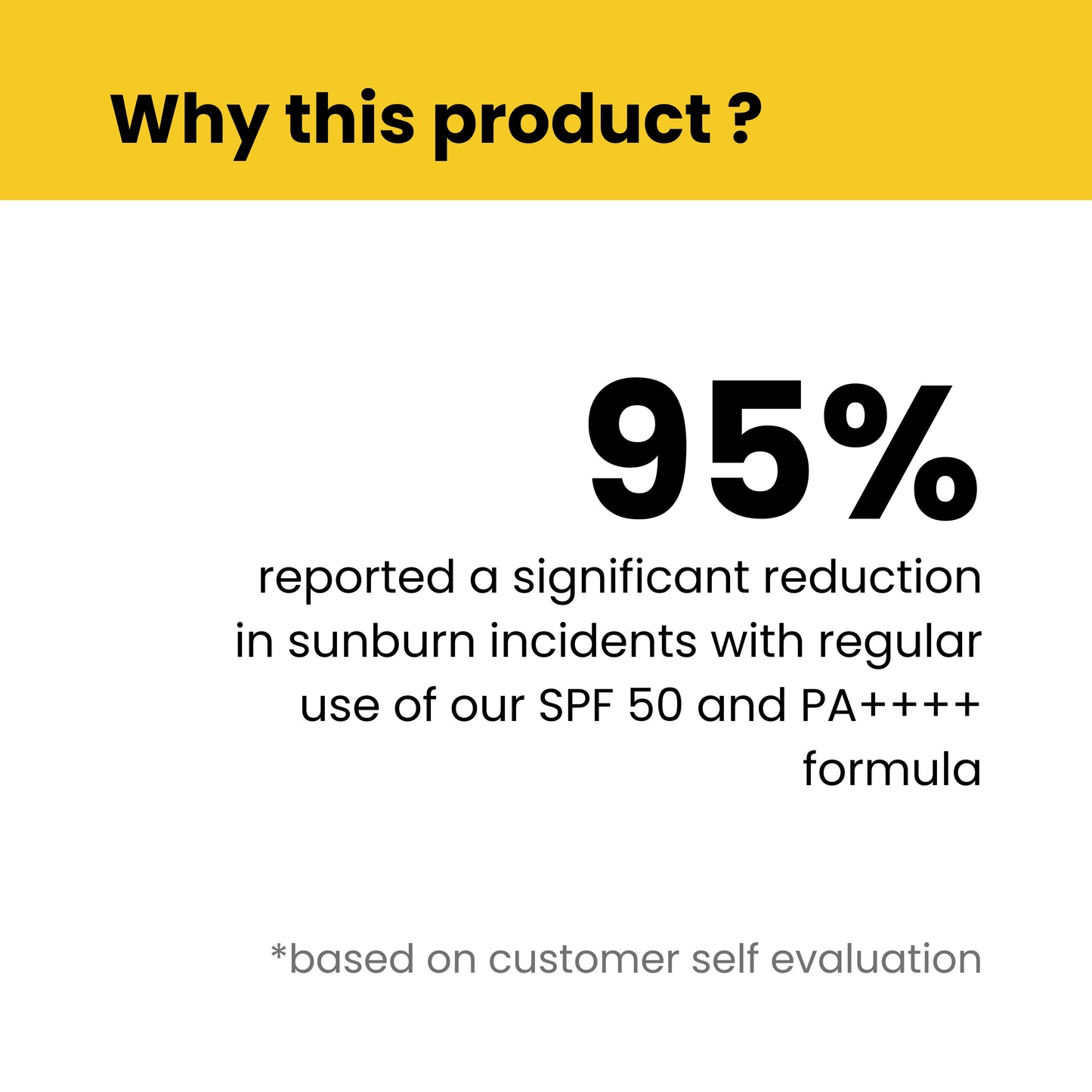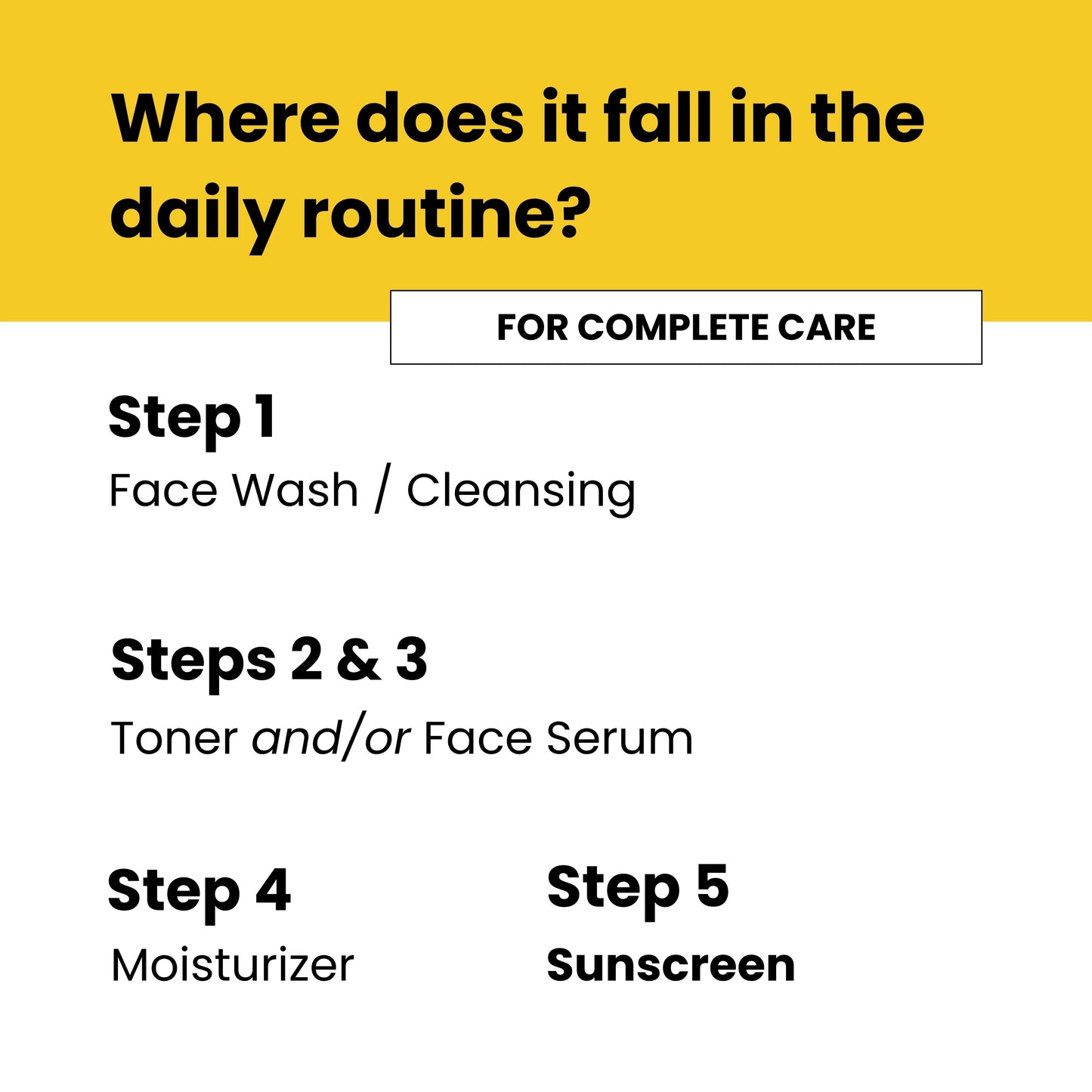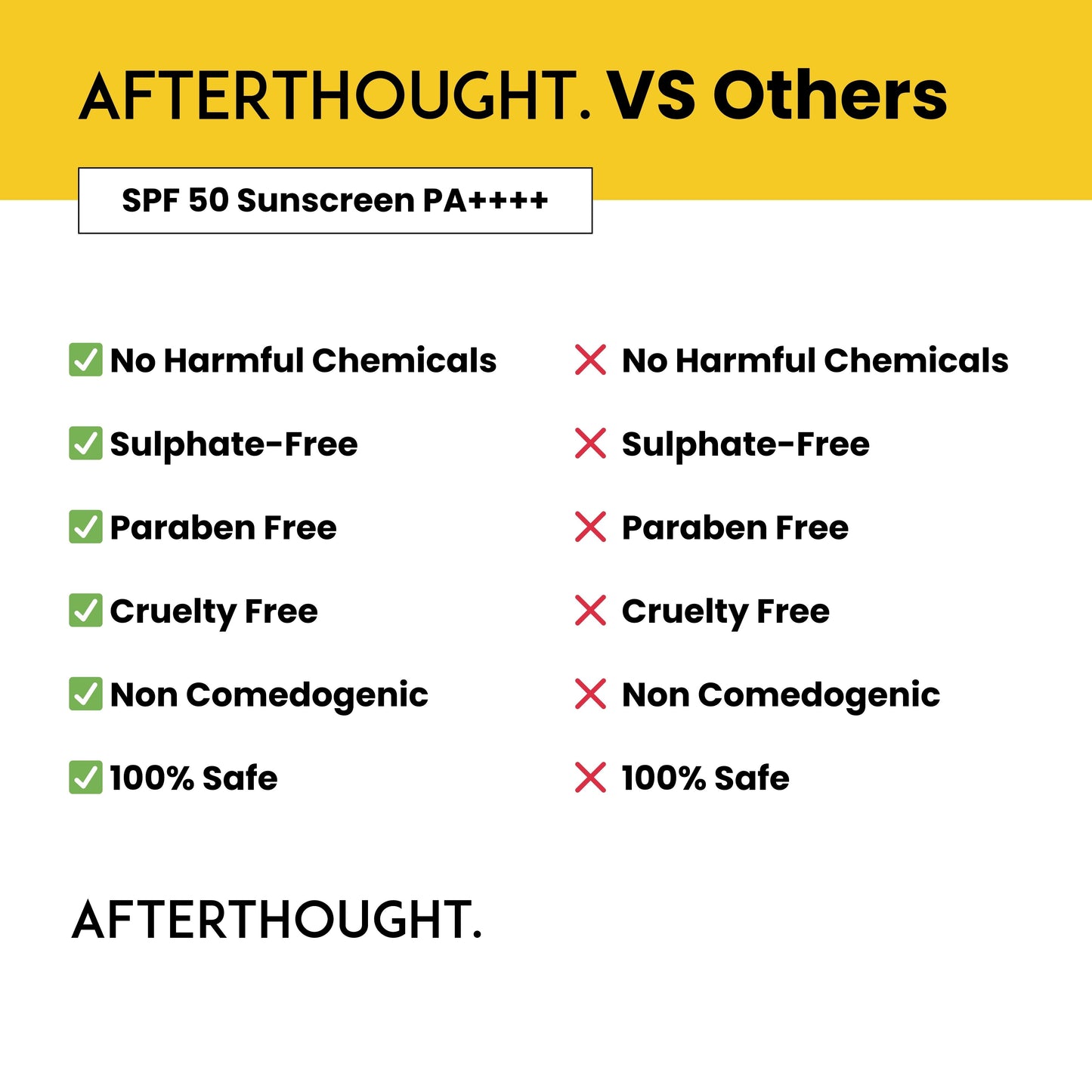Which Is The Best Sunscreen With Vitamin C?
When it comes to skincare, protecting your skin from the sun's harmful rays is non-negotiable. Sunscreen is a daily essential, but not all sunscreens are created equal.
Among the myriad of options available, sunscreens infused with Vitamin C stand out as a superior choice, offering dual benefits of protection and skin nourishment.
This article will explore why Vitamin C-enhanced sunscreens are a game-changer, how to choose the best one, and the factors to consider for optimal skin protection.
The Power of Vitamin C in Sunscreen
Vitamin C is a potent antioxidant known for its skin-brightening properties and ability to neutralize free radicals. When combined with sunscreen, Vitamin C enhances the skin’s defense against UV-induced damage. Here’s how:
1. Neutralizing Free Radicals
Exposure to UV rays increases the production of free radicals in the skin, leading to premature aging, hyperpigmentation, and in severe cases, skin cancer. Vitamin C, as an antioxidant, neutralizes these free radicals, reducing oxidative stress and protecting the skin’s collagen and elastin fibers.
2. Boosting Sunscreen Efficacy
Research suggests that Vitamin C can boost the effectiveness of sunscreens by protecting the skin from UV damage more comprehensively. When paired with a broad-spectrum SPF, Vitamin C offers an extra layer of defense against both UVA and UVB rays.
3. Brightening and Even Skin Tone
One of the standout benefits of Vitamin C is its ability to brighten the skin and even out the complexion. It inhibits the enzyme tyrosinase, which plays a crucial role in melanin production, thus helping to fade dark spots and prevent new ones from forming.
Choosing the Best Sunscreen with Vitamin C
Selecting the right sunscreen with Vitamin C involves considering several factors to ensure you get the best protection and skin benefits:
1. Formulation Type
Vitamin C is a highly unstable compound that can easily lose its efficacy when exposed to light and air. Therefore, choosing a sunscreen with a stable form of Vitamin C, such as Ascorbyl Palmitate or Magnesium Ascorbyl Phosphate, is crucial. These derivatives are less likely to oxidize and can offer sustained benefits.
2. SPF Level
The SPF (Sun Protection Factor) is a critical factor when choosing a sunscreen. For everyday use, an SPF of 30 is generally sufficient, providing protection against approximately 97% of UVB rays. However, if you spend extended periods outdoors, consider a higher SPF, such as 50, for enhanced protection.
3. Broad-Spectrum Protection
Ensure the sunscreen offers broad-spectrum protection, meaning it shields against both UVA and UVB rays. UVA rays penetrate deeper into the skin, causing aging and long-term damage, while UVB rays are responsible for sunburn. A broad-spectrum sunscreen with Vitamin C will protect against both.
4. Texture and Finish
Depending on your skin type, the texture of the sunscreen is an essential factor. For oily or acne-prone skin, a lightweight, non-comedogenic gel or fluid is ideal. For dry skin, a moisturizing cream-based sunscreen might be more suitable. Ensure the finish is one that suits your preference, whether it's matte or dewy.
5. Ingredient Synergy
Look for sunscreens that combine Vitamin C with other beneficial ingredients, such as Vitamin E or Ferulic Acid. These ingredients can enhance the stability of Vitamin C and provide additional antioxidant protection, further boosting the sunscreen’s effectiveness.
Application Tips for Maximum Benefit
Even the best sunscreen with Vitamin C won’t offer full protection if not applied correctly. Here are some tips for getting the most out of your sunscreen:
1. Apply Generously
Use a sufficient amount of sunscreen to cover all exposed areas of the skin. A good rule of thumb is to apply at least a quarter teaspoon to the face and a shot glass worth to the body.
2. Reapply Regularly
Sunscreen should be reapplied every two hours, especially if you’re sweating or swimming. Even water-resistant formulas can wear off after prolonged exposure to water or sweat.
3. Don’t Skip Areas
Commonly missed spots include the ears, back of the neck, and tops of the feet. Ensure these areas are covered, as they are equally susceptible to sun damage.
4. Layering with Other Skincare Products
If you use other skincare products, such as serums or moisturizers, apply sunscreen as the final step in your morning routine. This ensures it forms a protective barrier on your skin.
Final Thoughts
Choosing the best sunscreen with Vitamin C is an investment in both protection and skin health.
By incorporating this powerful antioxidant into your daily routine, you can shield your skin from harmful UV rays while simultaneously brightening your complexion and preventing signs of aging.
Remember, consistency is key. Make sunscreen a daily habit, and your skin will thank you for it in the long run.
Also Read: Can You have Sunscreen Over Makeup?


